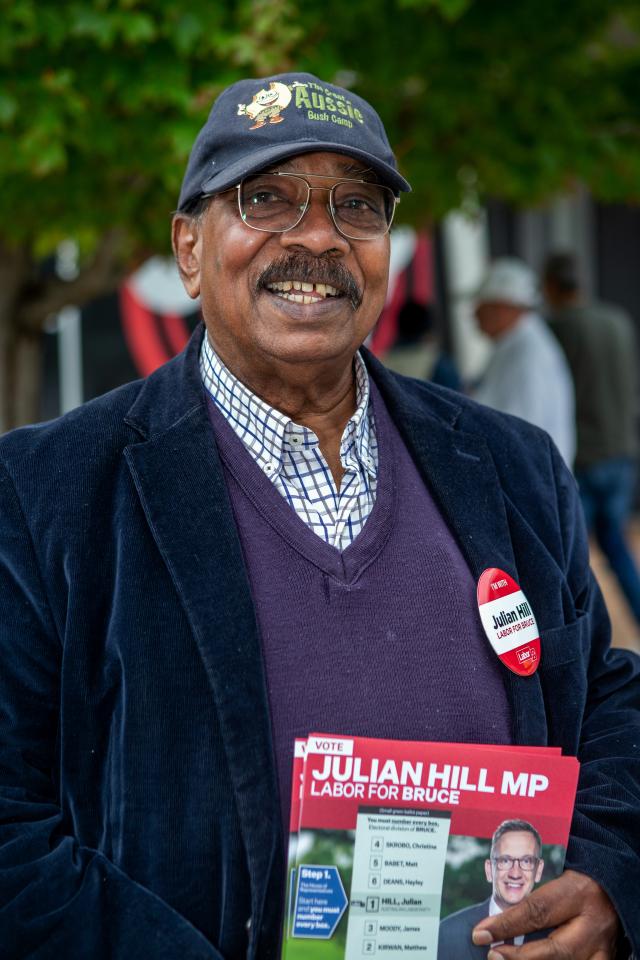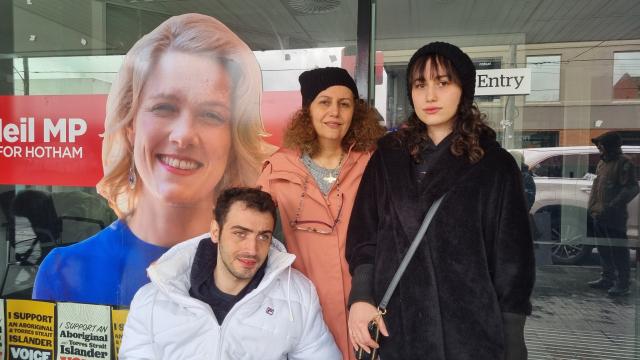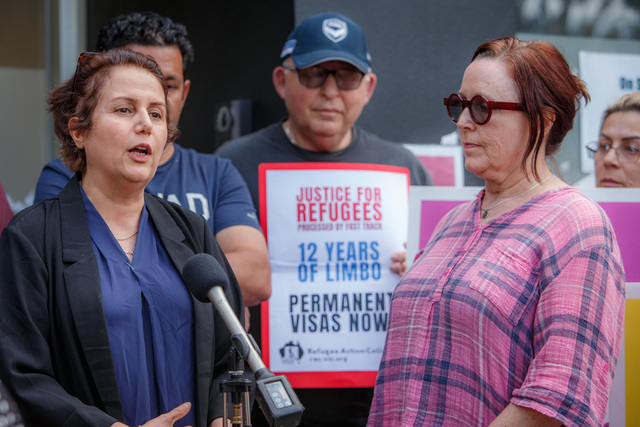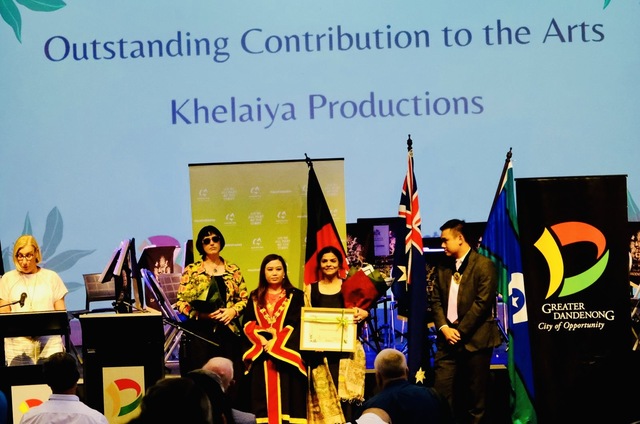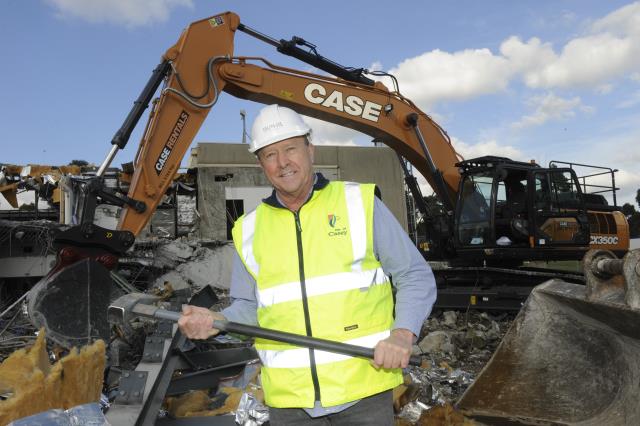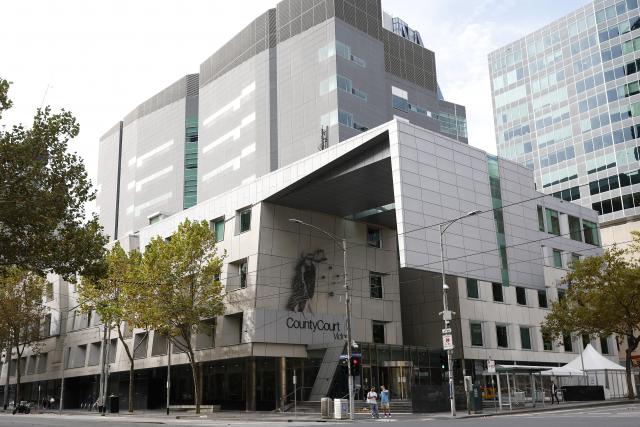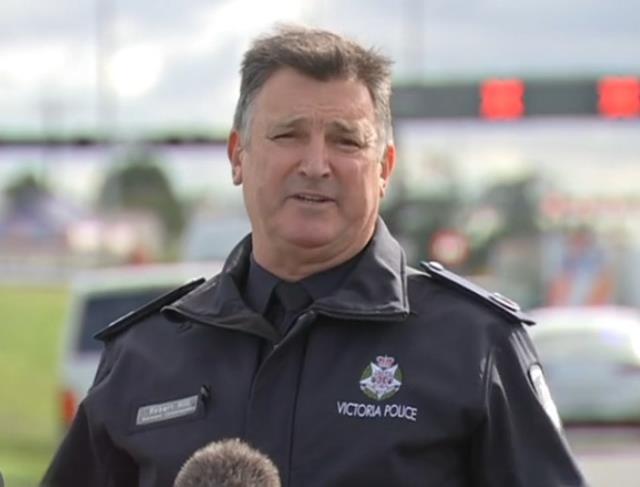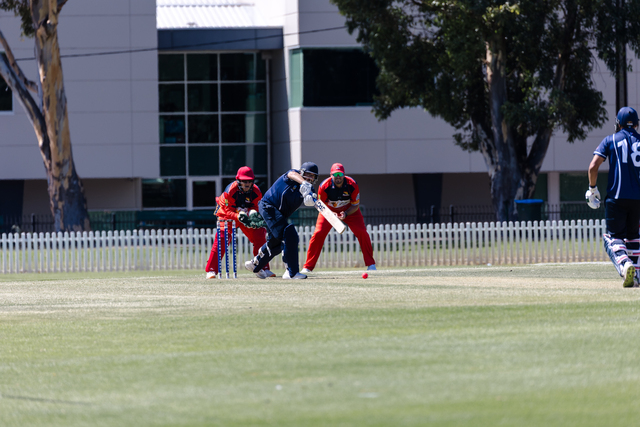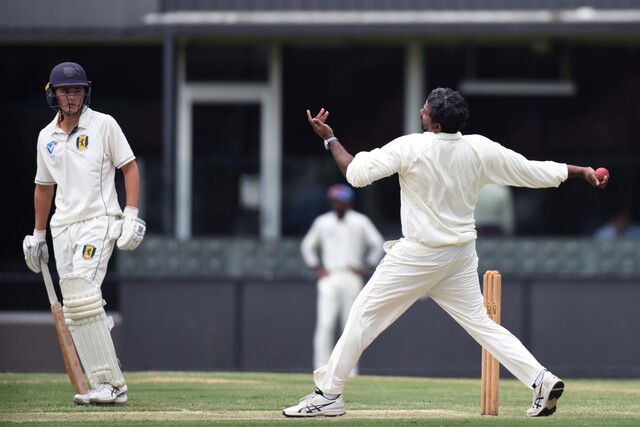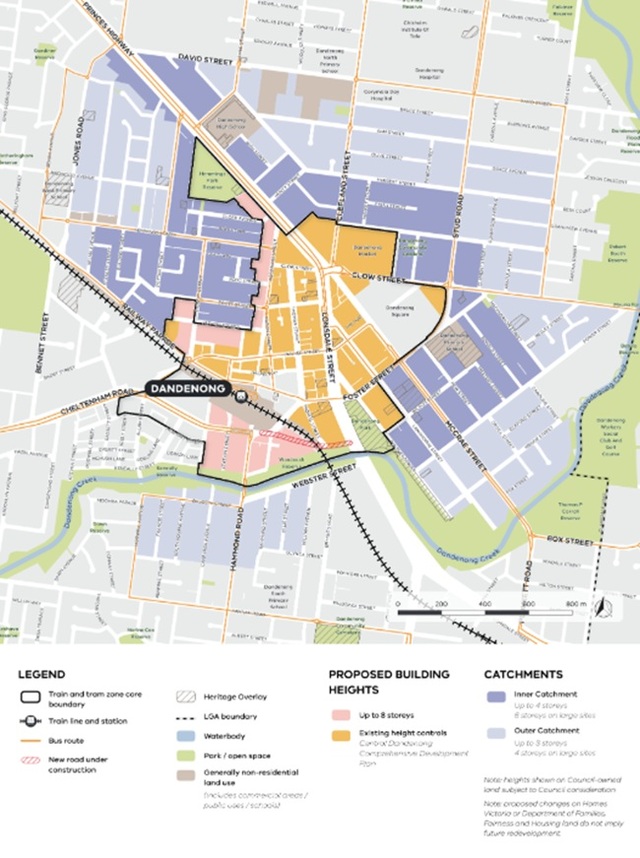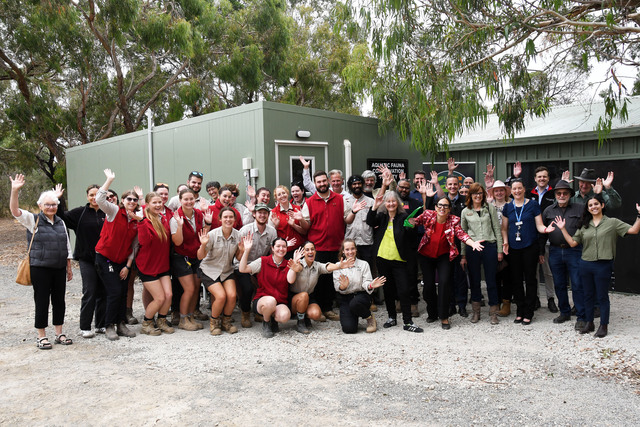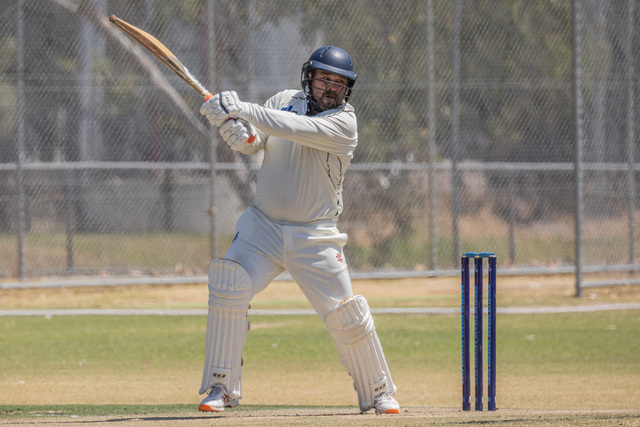Asylum seekers and their supporters are in despair after powers to deport cancelled bridging-visa holders to third countries passed Federal Parliament last week.
According to the Government, the Migration Amendment Bill is targeting people who have had visas cancelled on character grounds and are refusing to be resettled.
The laws respond to recent High Court cases, such as a November 2023 ruling that indefinite immigration detention was unlawful, which prompted the release of 224 people including violent and drug-related criminals.
However in the lead-up to the Bill, several asylum seekers on bridging visas in the South East had recently received Immigration Department letters advising them to “voluntarily leave” the country.
Living on bridging visas for more than a decade, they were informed their work permits would not be renewed in three months, and they should prepare to leave Australia.
Refugee advocate and long-time ALP supporter Wicki Wickiramasingham, who confirmed the letters, says the passing of the Bill last week heightened asylum seekers’ fears.
“We are very worried for the people without visas or on bridging visas without work permits. How are they supposed to pay for food, electricity and lodgings?”
As of September, there were more than 1000 ‘unauthorised maritime arrival’ bridging visa holders in Greater Dandenong and Casey.
Most of them hail from Iran and Sri Lanka, living in the Dandenong, Doveton, Noble Park and Springvale postcodes.
“Some families are very, very angry. They were expecting to get something like permanent visas before Christmas but they have instead got this bad news,” Wickiramasingham says.
“They’re asking what can we do with our children, who are born here. All our homes are destroyed in Sri Lanka – where will we live?”
Fleeing from Iran, a shattered Narges Shaterian and her husband and three children have been on ‘Fast Track’ bridging visas in Australia for more than 10 years.
She has joined others in rolling protests outside the offices of former Home Affairs Minister Clare O’Neil and Assistant Multicultural Affairs Minister Julian Hill.
An Iranian friend on a bridging visa also recently received a letter to depart the country, she says.
“Most of our friends can’t sleep. They are crying, depressed and nervous – saying what can we do?
“If you go to back to Iran, you go to jail or an execution. Who knows what happens to us in that country?”
Since arriving in Australia, Shaterian’s daughter has studied to become a pathologist, her son is a real estate agent.
Despite Shaterian paying taxes and running businesses such as a pizza shop, her children pay full fees as ‘international students’ to study at university.
To now face possible deportation awas “unfair”.
“The refugees that came here from an unsafe place have worked hard and studied hard to be a part of this country, to have a good life and be good citizens
“There’s no human rights if you do this refugees. If Immigration decides to send us to a third country they destroy our lives.”
Bruce MP Julian Hill, who is Assistant Minister for Multicultural Affairs, said the “essential legislation simply responds to the recent High Court decisions and strengthens the integrity of Australia’s migration system”.
“Nothing in the legislation alters Australia’s longstanding compliance with international legal obligations and the Government will not refoul people or deport refugees, as some are falsely claiming,” Hill said.
“The amendments will not impact genuine refugees and deals with a case load of individuals who have had their visa cancelled on character grounds, who often have serious criminal histories.”
The Government states that it has granted permanent visas to about 18,000 of the 19,000 temporary protection visa holders waiting for more permanent protection.
“The Bill strengthens powers related to removal efforts for non-citizens who are on a removal pathway,” a Department of Home Affairs spokesperson said.
“The Bill sends a strong signal that the Australian Government expects cooperation with removal efforts and facilitates the removal from Australia of an intractable caseload of non-citizens who have exhausted all avenues to remain in Australia.
“Some of these people are in immigration detention, and some are in the community on temporary bridging visas.”

